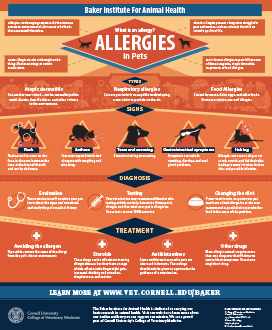Whether your canines hang out at childcare or boarding facilities, they require to be up-to-date on all of their called for inoculations. Core vaccines include Bordetella, rabies and DA2PP, which guard against usual diseases that pets are subjected to when in close contact with others.
Non-core injections consist of canine influenza and leptospirosis shots. These are suggested for puppies that mingle with other dogs often.
Core Vaccinations
As an important part of precautionary care, pet dog injections assist keep canines risk-free from transmittable conditions sent via straight contact or contaminated surfaces. Injections promote the body immune system to create antibodies that battle disease, and the majority of vets consider core canine injections to be essential for all family pets.
Rabies
The majority of trustworthy canine childcare facilities need that your animal be up to day on their rabies inoculation. Inoculations are carried out to pups as very early as 12-16 weeks old, and boosters are required every 3 years or so until their adult years. Rabies is a fatal viral condition that spreads via saliva, commonly from attacks. Many states need rabies vaccinations for all dogs and cats, and some also mandate rabies boosters for pet dog proprietors.
Distemper/Parvovirus/Adenovirus (DHPP).
This combination vaccine covers canine distemper, parvovirus, liver disease, and adenovirus, all of which are highly contagious. The majority of veterinary workplaces provide DHPP vaccines as one shot or in a collection of 2 to 4 shots, provided 2-4 weeks apart, followed by a yearly booster. This vaccine is a need for a lot of boarding and doggy childcare facilities, as well as numerous groomers.
Bordetella/Canine Parainfluenza Vaccine.
Bordetella bronchiseptica, generally referred to as kennel coughing, is a very transmittable respiratory infection triggered by the microorganisms that triggers the condition. Symptoms consist of relentless coughing, sneezing, nasal discharge, and fever. The majority of kennel cough break outs take place in crowded atmospheres, such as daycare or boarding facilities, and are specifically common in warmer weather condition. This vaccination is a demand for most childcare and boarding facilities, and is often used in a combination with the DHPP injection.
Leptospirosis Vaccine.
This is a microbial disease that spreads out through polluted water, dirt, and pee. Infection can create kidney and liver damages, in addition to fatality, and is transmissible to human beings. A lot of veterinarians will certainly advise this vaccine, based on geographic location and lifestyle of boarding for dogs near me the pet, for pet dogs that hang out outdoors or at boarding facilities, in addition to some groomers. This injection is normally provided as a series of two to 4 shots, spaced 2-4 weeks apart, with an annual booster needed for the majority of animals.
Lyme Illness Vaccination.
The most usual tick-borne disease in the United States, Lyme condition is sent by the deer tick and can cause fever, joint pain, muscle discomfort, and anorexia nervosa. The Lyme disease vaccine protects versus one of the most common strains of the virus, consisting of the H3N8 and H3N2 pressures. The majority of vet centers advise this vaccine, especially in high-risk locations, such as the Northeast, upper Midwest, Mid-Atlantic, and along the Pacific shore.
Noncore Vaccines.
Various other dog injections, while not essential for all family pets, are suggested based upon the dog's lifestyle and geographical area. These include the following:.
